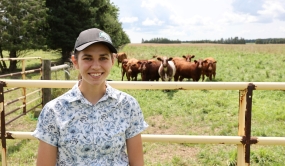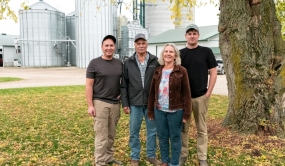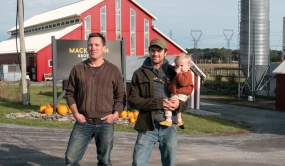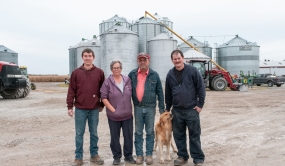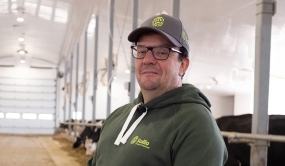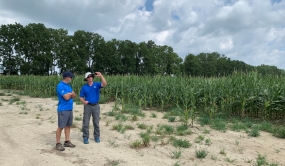The Emergence of a Collective Intelligence
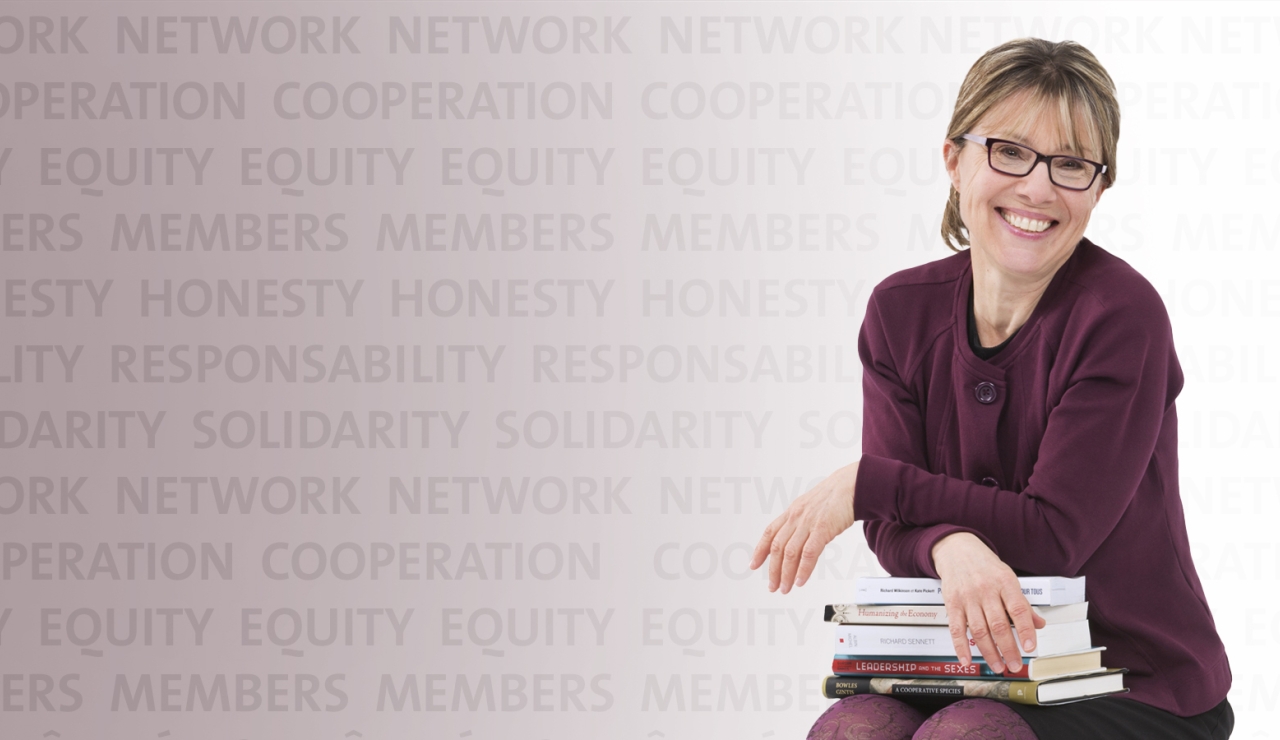
Our knowledge of human beings is evidently insufficient. And the development of neurosciences is constantly shaking up our old beliefs. That’s how the Harvard Business Review recently relayed its research and further encouraged us to rethink leadership by suggesting that a group’s IQ depends largely on the quality of inter-personal relationships than on each person’s level of intelligence.
This means that it’s better to develop and to nurture team spirit rather than to depend on the IQ of each individual team member. This should become a leader’s focus from now on. In a world where volatility, uncertainty, complexity and ambiguity all distort our reference points, it is believed that collective intelligence, perfected, will enable us to take on new challenges. Why? Because even the most intelligent among us is limited by our own cognitive biases, our assumptions are so deeply rooted in our minds that we believe them to be rational and universal. The cognitive biases that we all carry within us can only be cancelled out when perspectives, talents, ideas and strengths are exchanged.
That may be the reason, at least in part, why cooperatives have been successful and enduring. Every survey conducted on the lifespan of various types of businesses has reached the same conclusion: Cooperatives are more durable enterprises. In fact, if any characteristic is more inherent to cooperatives it is its collective nature, which forces people and businesses to work together, as a group, to seek the opinions and advice of its members and to consider differing points of view.
However, a word of caution is in order: We can’t just put a group of people together and deem it an intelligent collective. Certain conditions apply. First, there needs to be diversity among members of the group to be able to benefit from its various talents and capabilities. Then, as the abovementioned research stated, work must be done on the group dynamic to create an environment that is both beneficial and pleasant, where everyone will feel at ease. Only then will collective intelligence emerge.
The notion of trust is indeed at the heart of collective intelligence. Trust is the element that keeps groupthink at bay. It’s so easy and comforting to share the same views as everyone else, to say the same things. However, trust is essential when expressing a different opinion or sharing a differing perspective, trust is fundamental to any authentic discussion that is free of judgement. Collective intelligence is not a random invention; it requires an investment of time, energy and even money.
As for cooperatives, we can only suppose that it is the quality of their associative life that releases the collective’s potential, by allowing members to get to know each other, to acknowledge and to trust each other, and to discuss issues that will eventually lead to an intelligent and enlightened decision. For some authors, developing dialogic capabilities also leads to the development of ethics. This framework seems very relevant to me because dialogue confronts cooperators with an ethical dilemma.
One of cooperation’s leading values is solidarity. We may be tempted to quiet our discordant voices with the belief that we are supporting our peers. But that would be an unfortunate shortcut. Another one of cooperation’s leading values comes into play in the course of a dialogue: Personal and mutual responsibility that demands courage to express one’s own point of view. It is in the course of a dialogue that we all have the responsibility of being authentic.
It is only later that solidarity can emerge. When everything will have been said and we will have considered every hypothesis, then a decision can be made. It will have been enlightened by intelligence and made in the interest of the common good. Only then, will the contribution of discordant voices, as well as all other voices, have clarified the issue and will people be able to demonstrate their solidarity.
We can’t win all the battles, but we can also contribute to the collective intelligence.

